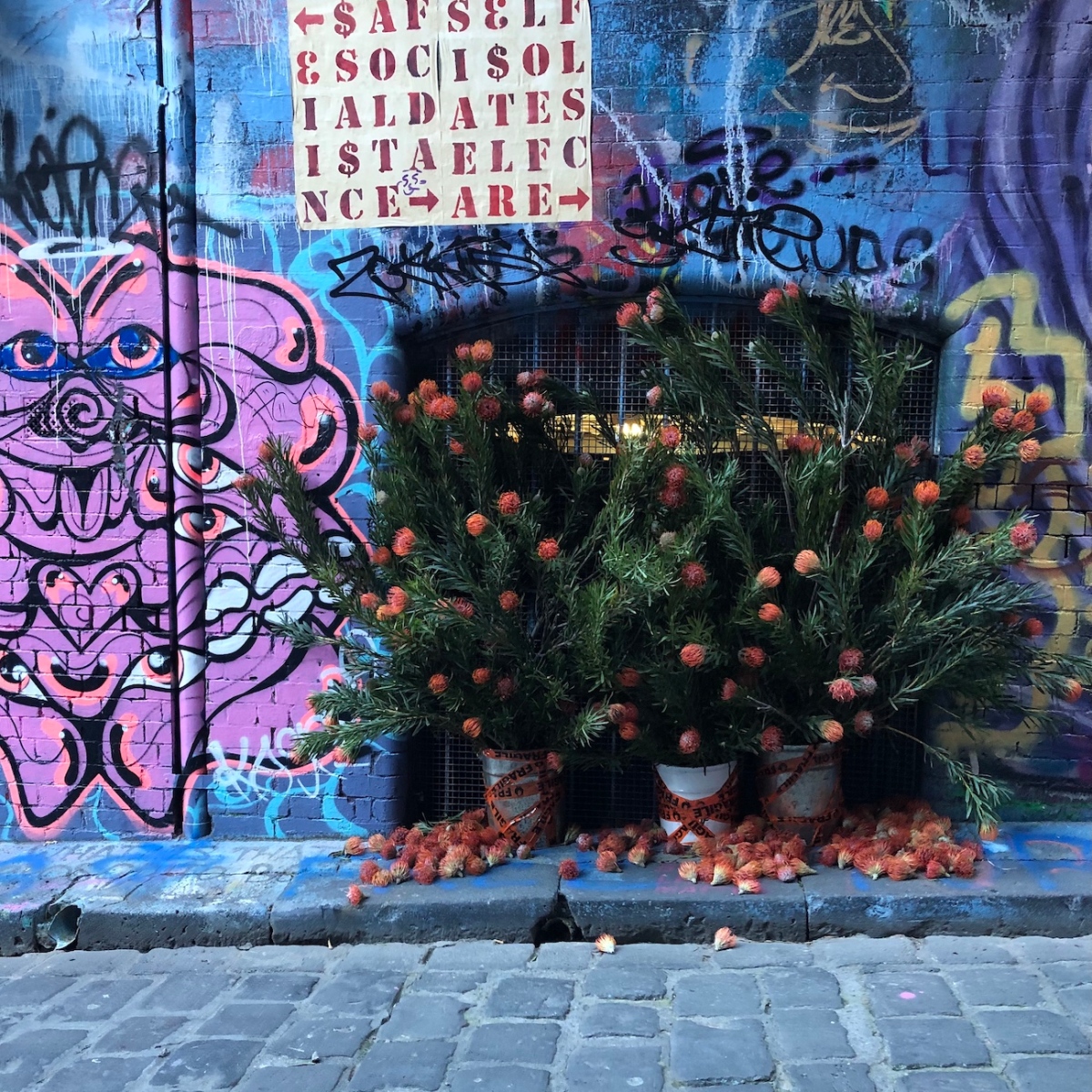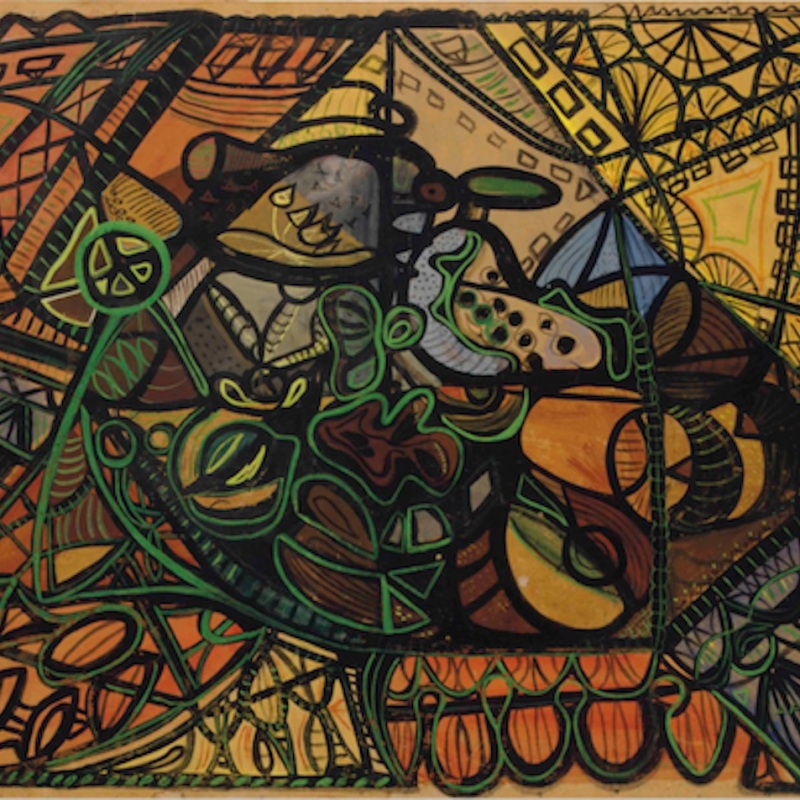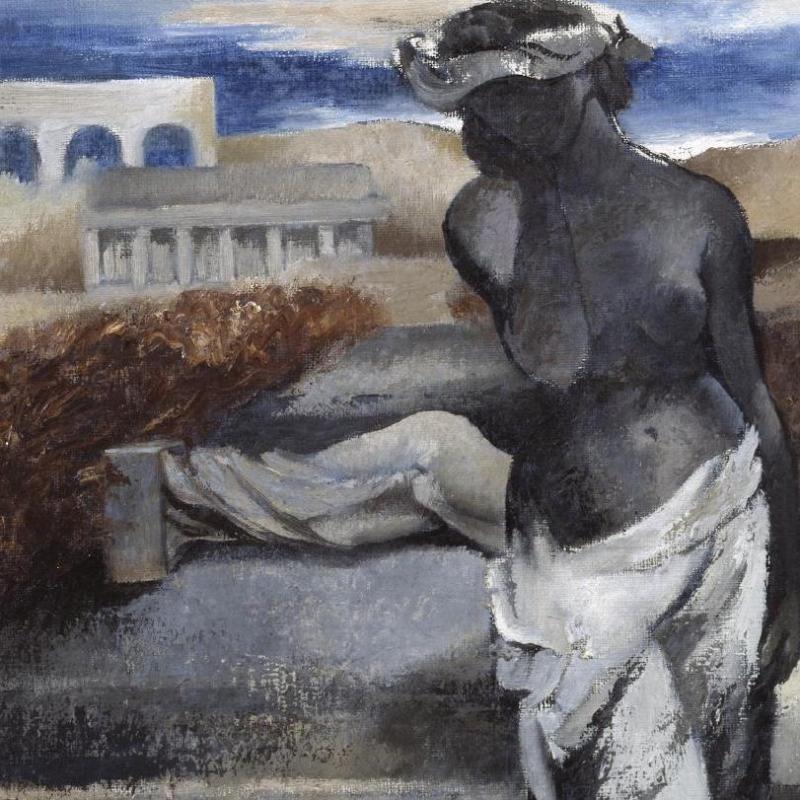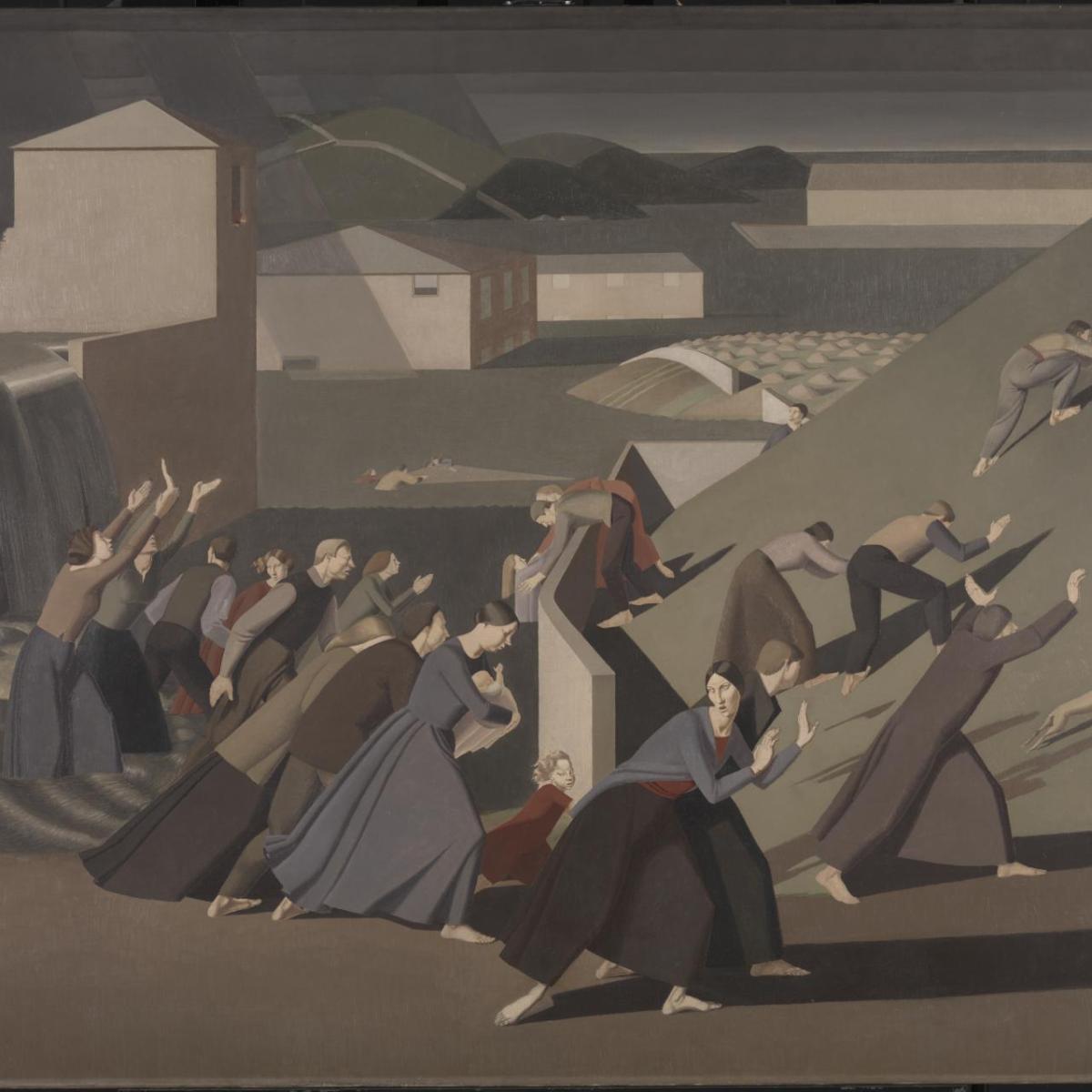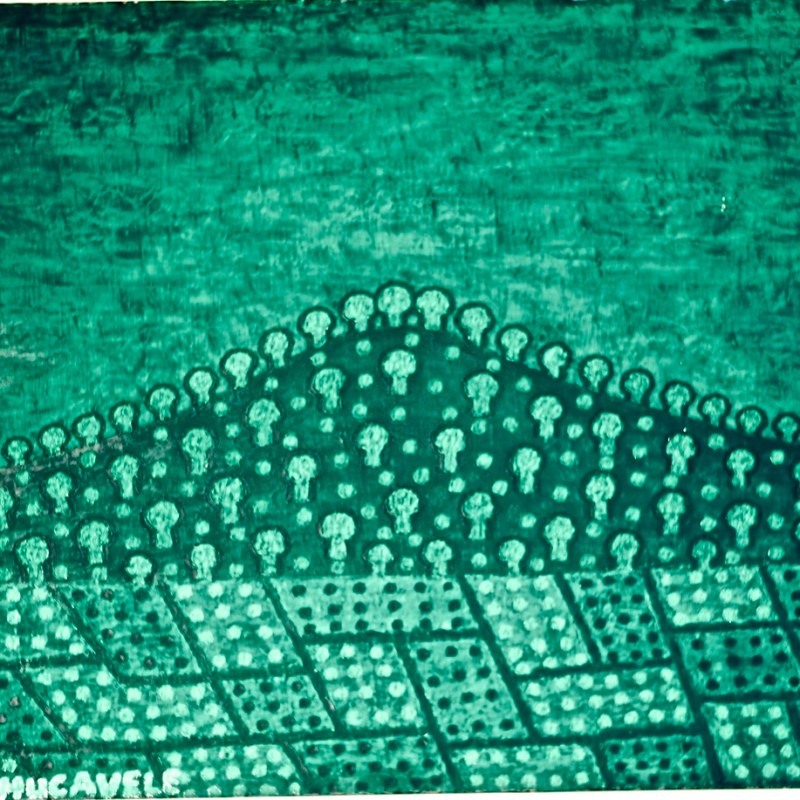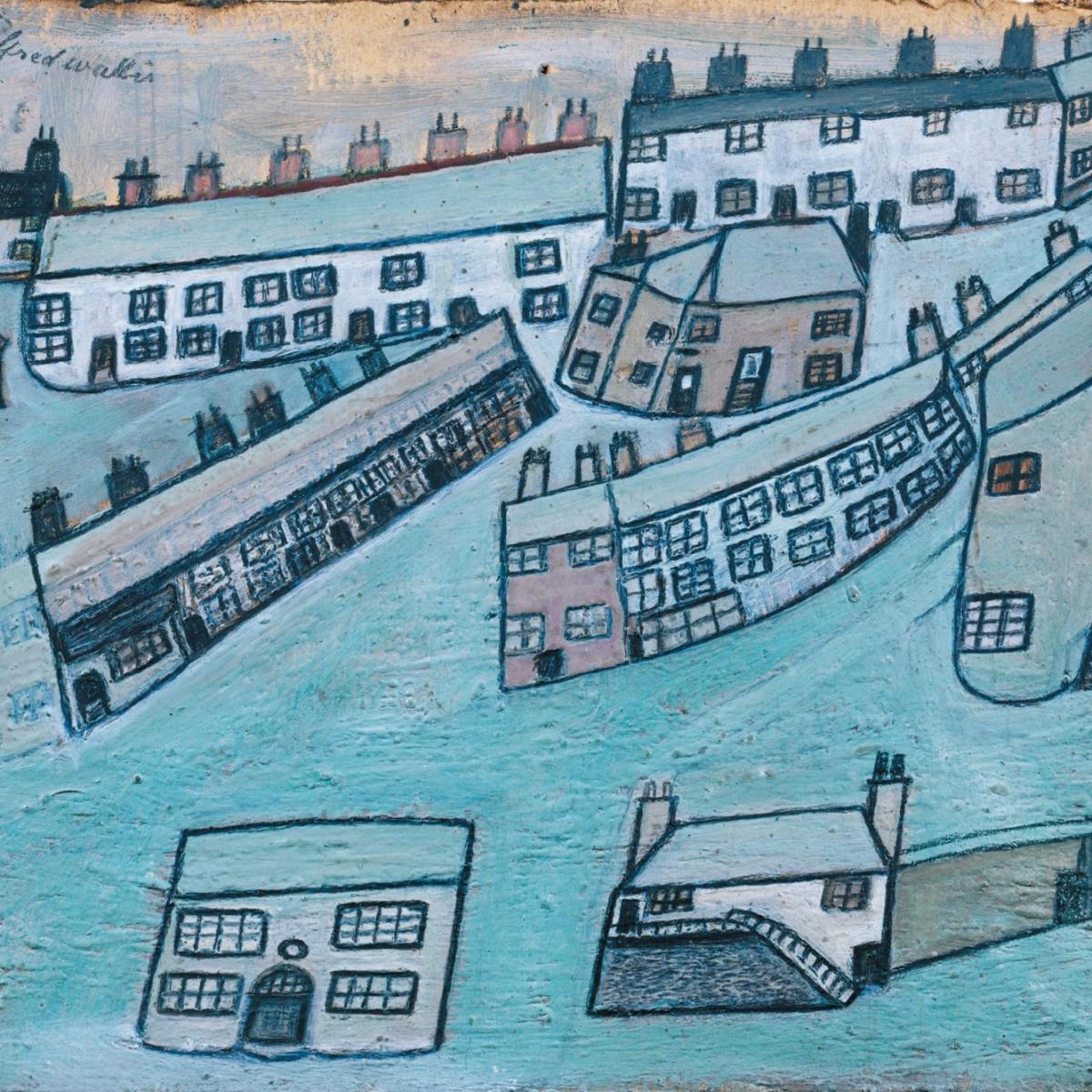Articles
Online essays and prepublication articles from Thesis Eleven Journal. You can find the final published versions here

Exceptionalism and Provincialism: Re-Thinking the Antipodes
by David Roberts
Peter Beilharz captures this ongoing process of exchange, fed by the flow of people, goods, capital and ideas between the old and the new worlds, between metropolitan centre and open frontier in terms of cultural traffic. Cultural traffic in turn can be understood both in the direct and wider sense as translation.…
Reflecting on Peter the Teacher
by Julian Potter
Thirty years separate Peter and Zygmunt, another thirty separate myself and Peter. These are generational spans, time enough for considerable changes that challenge traditions. Through my story, I would like to suggest that the refounding of intellectual traditions on friendship, instead of, and sometimes in spite of institutions, or enframed goals such…
“Peter’s House of Theory” – A Postcard to Peter
by Margaret Somers
I fell in love with Peter the first time I met him, at an American Sociological Meeting, sometime in the late 1980s, I think. This was, of course, love Beilharzian-style – not the amorous variety but an intimacy of shared political intellectual practice. The ASA was a fitting place to meet as…
Review Essay: The Posthumous Bauman
Review Essay: The Posthumous Bauman
By Matt Dawson
2023 saw six new books by, and about Zygmunt Bauman published. 6 years after his death, these texts were part of an emerging body of literature we may call The Posthumous Bauman. I explore the key lessons this literature has offered and suggest there are four…
Friendship’s Resonance: On Peter Beilharz’s Goodwill
by Howard Prosser
This is a tale of friendship. Or, more accurately, it’s a reflection on how a friendship based on a few meetings can amount to a lot. I am sure many of us have had a version of this experience. The friendships made during a stint living elsewhere. Or those incidental meetings and…
Peter Beilharz and Modernity in Ruins
by George Steinmetz
I first met Peter, I believe, at the meetings of the American Sociological Association in Montréal in 2006. After the panel I struck up a conversation with Peter, went out for coffee with him, and discovered two amazing things. The first was that Peter was the beating heart of the journal Thesis…
A Meeting of Minds: Peter Beilharz, Public Intellectual and Friend
by Philippa Mein Smith
Over the past two decades Peter Beilharz, Thesis Eleven’s Founding Editor, has inspired me and clarified my thinking and direction on two themes that have infused my work ever since we met: first, the concept of the Antipodes; and second, the idea of cultural traffic. I am grateful to know ‘Peter…
Three Lectures: Travel notes, Bendigo, October 2014
by Ivan Vladislavić
It was more of a performance than a ‘lecture’. Peter played Marx and one of his colleagues played Weber, and they argued about class and other things. A young woman took issue with their focus on the classic texts. Why bother to read them? You can learn the same stuff by watching…
Puzzling Australia
by Peter Murphy
I think that what happened to both of us separately but in unconscious tandem in the 1990s says a lot about the intellectual framing of Australian society and history. We both, unwittingly, without any preconception of this, moved away from a politicised interpretation of Australian society (typical of much of Australian historiography)…
My Long Friendship with Peter Beilharz, Intellectual and Otherwise
by Jeffrey C. Alexander
For many decades, Peter has been not only a thought partner but also an intimate friend, a thoughtful friend, a friendly fellow thinker, the other side of a personal and intellectual relationship I cannot think to be without.
A Story of Friendship: An Homage to Peter Beilharz
by María Pía Lara
This reflection is tied up with the memoir written by my dear friend Peter Beilharz (2020), Intimacy in Postmodern Times: A Friendship with Zygmunt Bauman. Indeed, Peter’s process of understanding himself not only allows us to learn about him as a person and as an intellectual, but it also explores some…
Playlist: Beilharz Blues – Looking Backward (2023)/Looking Forward (1953)
Compiled by Trevor Hogan, Christopher Robbins, and Sian Supski
40 songs featuring some of Peter Beilharz’s favourite guitarists
Learning Through and From Peter Beilharz
by Eric Ferris
Peter, like my mentor and friend Chris and Bauman (from books), offered me versions of a relationship to teaching and learning – a relationship between teachers and learners – that I can, and will, carry and pass on. This is a ‘how’ and ‘why’ I met Peter, and a glimpse at part…
Pete as Mentor, Colleague, Collaborator, Friend: ‘Thanks, Pal!’
by Trevor Hogan
Upon knocking on their front door, the domestic tableau that greeted us included Pete sitting on the floor and leaning against a couch, pen and paper in hand, folder perched on his knee, surrounded by piles of books including an up-ended paperback of E.P. Thompson’s (1963) The Making of the English Working…
Peter Beilharz’s Baby: The Infancy of Thesis Eleven
by Alastair Davidson
Peter Beilharz is the only one of the three founding editors of Thesis Eleven to have remained with the journal over the decades since 1980. Three generations of editors joined him in its progress from the tiny, self-financed Australian journal born in Room 681 of the Menzies Building, at Monash University, but…
Reflections on Friendship and Gratitude for Peter Beilharz on the Occasion of His ‘Revolution #70’
by Christopher G Robbins and Eric Ferris with Sian Supski
To describe this project as a festschrift seems fitting. It is, indeed, a collection of writings gathered together to honour, or pay tribute to, Peter as a scholar. The metrics describing Peter’s scholarship – his contributions to sociology, historical sociology, and social and cultural theory…
Review Essay: Reading Eva Illouz – Modern Love and its Discontents
Eva Illouz is arguably the most prominent sociologist of emotions of all time. This review essay synthesizes and engages with her work on romantic love.
Ted Snell, Born Sandy Devotional, 1949–2023
by Darren Jorgensen
It was devastating to hear of Ted Snell’s death for those of us who were touched by his unflinching support of the visual arts. Snell pursued a selfless career sitting on national arts boards, curating shows and managing galleries while always and endlessly advocating for art and ideas.
Article: The Negative Commonwealth: Australia as ‘Laboratory’, Then and Now
by Lorenzo Veracini and Dan Tout
Federated Australia was seen for a long time as a significant social ‘laboratory’. The Commonwealth itself was seen as an ‘experiment’. This widespread metaphor relied on a particular pattern of perception: the country was ‘new’ (it was not), and the country was allegedly isolated (it was not, at least…
Editorial: Yes to a Voice to Parliament
The editors of Thesis Eleven would like to express their support for the Voice Amendment to the Australian Constitution that is proposed in the upcoming national referendum.
About time: Celebrating in hindsight my father’s (Zygmunt Bauman) affair with photography
This speech was delivered by Anna Sfard at the book launch of The Photographs of Zygmunt Bauman, hosted by Portico Library, 15 July 2023. The Photographs of Zygmunt Bauman was edited by Peter Beilharz and Janet Wolff and published by Manchester University Press.
Article: Beautiful Detritus
by Georgia Lockie
Once abundant and collective, utopian dreams had, by the turn of the millennium, largely receded from the social world, leaving a void to be increasingly filled by new dystopias—climate destabilisation; resurgent right-wing authoritarianism; technological domination; plague—the future becoming a prospect less of collective hope or aspiration than dread.
Homage to Touraine
by Francois Dubet and Michel Wieviorka
Alain Touraine died in Paris 9 June 2023. Thesis Eleven is proud to honour his memory with this homage co-authored by Francois Dubet and Michel Wieviorka. The essay was originally published in La Vie des idées and translated into English for Thesis Eleven by David Roberts
Our Starburst World, with thanks to Ross Gibson
by Alison Young
With the news of Ross Gibson’s death on Thursday March 2nd 2023, some of the light has gone out of our ‘starburst world’ (2012).
Article: “You all ok?” The Impossibility of Being Alright amid Mass Violence
by Christopher G. Robbins
In response to the 17th mass shooting in only 14 days of February 2023, or the 71st mass shooting in 45 days of 2023 in the U.S, this time at Michigan State University, my friend who lives a world away in Australia wrote a short, caring message, “You all ok?…
Some contexts of Jeremy Beckett 1931-2022
by Tim Rowse
Jeremy Beckett died in Sydney 8 December 2022. Thesis Eleven is proud to honour his memory with this appreciation of Jeremy and his work, revised by Tim Rowse from an earlier version published in Encounters with Indigeneity: Writing about Aboriginal and Torres Strait Islander Peoples. We are grateful to both Tim Rowse and…
Review Essay: Singular sociology? On the work of the German sociologist Andreas Reckwitz
Reviewed by Christine Magerski (University of Zagreb)
Launch Speech by Joy Damousi – The Work of History: Writing for Stuart Macintyre
The speech below was delivered by Professor Joy Damousi at the Melbourne book launch of The Work of History: Writing for Stuart Macintyre, Melbourne Athenaeum Library, 15 July 2022.
Launch Speech by Graeme Davison – The Work of History: Writing for Stuart Macintyre
The speech below was delivered by Professor Graeme Davison at the Melbourne book launch of The Work of History: Writing for Stuart Macintyre, Melbourne Athenaeum Library, 15 July 2022.
Remembering Riaz Hassan 1937–2022
by Iván Szelényi
Riaz Hassan passed away in Melbourne on June 8, 2022 after a long illness. His is a great loss to the Australian social sciences and to the social sciences in general. Riaz was a great scholar, a wonderful colleague, a good friend and an excellent teacher. He was the mentor of…
Retrospective: Harry Redner – Pursuing Philosophy as a Vocation
by Jill Redner
For Harry, philosophy was a vocation in Weber’s sense. But pursuing this ideal in today’s technocratic multiversity can seem almost quixotic, because specialist knowledge and technical expertise are cultivated, rather than a general intellectual grasp of problems affecting humanity. Generalists still exist but are increasingly likely to find themselves dismissed as mere…
Extract: The Birth of Science from the Spirit of Art
by Harry Redner
Section I. The origin of the natural sciences in music and painting.
Western achievements in the arts and sciences began with the Greeks. During the great age of Classical civilization, that of the glory of Greece and the grandeur of Rome, the basis was laid for all the later achievements in the…
Extract: Theorybabble
by Harry Redner
The history of Theorybabble is now well-known to everyone and is an often-told story that need not preoccupy us unduly. It arose in the hothouse atmosphere of the avant gardist intellectual circles of the Paris of the 1960s and 70s. But it only really flourished in the American elite universities of the…
Extract: West and East
by Harry Redner
We are now undergoing a historic transformation in the destiny of mankind that is in many ways as decisive as any of those in the historic past, perhaps as far back as the Neolithic Revolution. For the very first time in history mankind has come together in a global society that some…
Matthew Barker on Alfonso Lingis: ‘The bodies that touch us’
by Matthew Barker
Alfonso Lingis asks the reader in the opening paragraph of Bodies That Touch Us: “are the bodies we touch really the bodies described by phenomenology?” (p.159). His question probes the limits of the possibilities of description vis a vis the actual body described. To answer the question, Lingis wanders through selected phenomenological…
The Carnival is Over
by Howard Prosser
“Carnivals in History” (1981) is the only article Emmanuel Le Roy Ladurie published in Thesis Eleven. The piece’s appearance, then and now, arguably says more about the journal than it does the esteemed historian. Having him appear in its early pages was a coup for the new publication. Other big names followed.…
Article: Where are we home? Revisited
by Katie Terezakis
Home is a loaded idea. Call to mind the common sayings: home is where the heart is, you can never go home again, etc. The abundance of mottoes doesn’t dampen the sentiment; the idea of home remains charged with longing for a place we knew or hope to create.
If The Beatles had read Heller
by Mark Davis
It’s an evocative theme, a ‘Top 40’. A little alarmingly for some listening no doubt, Thesis Eleven was first conceived the year I was born, 1978. Growing up here in the UK during the 1980s, encountering the ‘Top 40’ meant listening to the radio (later watching TV) to learn which songs had…
Jack Palmer on ‘The Making and Unmaking of Strangers’
by Jack Palmer
I first read ‘The Making and Unmaking of Strangers’ where it is republished in Postmodernity and its Discontents, a collection of wide-ranging and loosely connected essays. A form typical of this stage of his work. Some of them are transcripts from lectures delivered at invited and esteemed lectures (the Manchester Annual Peace…
John Grumley on George Márkus’s ‘Four Forms of Critical Theory’
by John Grumley
George Márkus’s Four Forms of Critical Theory was first published in Thesis Eleven no. 1 in 1980. Reading it again meant revisiting a paper that I had first read forty years ago with fresh eyes. I always thought George was a special person and a great philosopher. He supervised my PhD and…
Stuart Macintyre 1947-2021
by Peter Beilharz and Sian Supski
Stuart Macintyre died in Melbourne on 22 November 2021. He was one of the leading Australian historians of our times, an inspiring scholar, a culture builder, and endless source of generosity and enthusiasm for the work of history as well as the social sciences. A young Althusserian, all those…
Maria Markus’ ‘Lovers and Friends’: In lieu of a conversation
by Harry Blatterer
I encountered Maria’s paper on friendship for the first time as an undergraduate student, so quite some time before it was finally published in Thesis Eleven as part of a Festschrift collection in celebration of Maria’s work. I remember that first encounter vividly.
Article: My Own Private Utopia
by Peter Beilharz
Utopia has always been part of my world, ever since I started thinking about it. Was this 1968? A little after, later in high school. Utopia seemed ubiquitous; the possibilities of new worlds abundant
Article: Johann Arnason’s unanswered question by Peter Wagner
Johann Arnason’s unanswered question: To what end does one combine historical-comparative sociology with social and political philosophy?
by Peter Wagner
This article is a special prepublication of an article forthcoming in Thesis Eleven Journal
COVID-19: CODA
by Peter Beilharz and Sian Supski (Melbourne)
Covid-19 has taken over the world, taken over everything including our waking everyday lives, our dreamlives, our scholarship and future institutional funding logistics. Our friend and collaborator from Jozi, Peter Vale, provoked this special project in insisting that we must respond, call out members of our global network…
Cuba: autocratic governance and pandemic juncture
by Johanna Cilano Pelaez (Mexico)
While COVID-19 has impacted all of Latin America, Cuba has faced it from its own particular situation. The state’s ability to control the main resources of the economy and regulate social behaviour – important for the implementation of mitigating measures at a pandemic juncture – goes hand in hand with…
Covid Disaster in America and the World
by Craig Calhoun (Tempe, Arizona)
The disaster in America points to hard truths about Covid that matter everywhere. Covid strikes rich countries as well as poor, powerful as well as weak. Vulnerability that does not map neatly onto old divisions of developed from underdeveloped or imperialist from post-colonial. Its impact is shaped by pre-existing social…
Eleven theses or hypotheses on the way out of the pandemic
by Michel Wieviorka (Paris)
How to think about the post-pandemic? This is not a simple question. The phenomenon is global, since it concerns the whole world, but its treatment is mainly national, with considerable differences from one country to another. The pandemic is not static but moving. Paradoxically it may well be long-lasting, since we…
What Is a Crisis?
by Phumlani Pikoli (Johannesburg)
Since the onset of the Covid-19 pandemic, the world has been in a state of panic, fearing the unprecedented times we face. The idea that the pandemic has induced some pre-pubescent existential crisis is laughable, however.
As the world has been forced to sit and reckon with its own systemic…
Postcards from the Covid-19 pandemic
by Simon Marginson
The Covid-19 pandemic is instructive for social theory. It is like a gigantic experiment. It is not a controlled experiment, but a universal condition that enables differentiation on the basis of time and space, both geographical and discursive. It is possible to compare society before and during the pandemic, and also to…











































